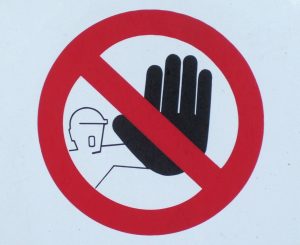Wrongful termination is a common claim by former employees, and a common source of liability for employers. Yet the specific circumstances in which wrongful termination laws apply can be confusing at best. Recently, the California Court of Appeals decided that an employer neither violated disability discrimination laws, nor otherwise wrongfully terminated an employee who sought to withdraw her voluntary resignation.
The San Diego Union-Tribune reports that Ruth Featherstone was an employee of Southern California Permanente Medical Group when she returned from a medical leave of absence on December 16, 2013. On December 23, Featherstone resigned, telling her supervisor that “God had told her to do something else”. On December 31, Featherstone asked to rescind her resignation, claiming that she had been under the effects of medication at the time it was tendered. The employer declined.
Featherstone’s lawsuit against the medical group centered on California disability law, which protects an employee from any “adverse employment action” as a result of a disability. The Court ruled that Featherstone had the right to rescind her resignation until Permanente employees processed it. Once accepted, however, Permanente was under no obligation to allow her to rescind the resignation. Permanente was also under no continuing duty to accommodate Featherstone’s disability and purportedly altered mental state once it accepted her resignation. Continue Reading ›
 Orange County Employment Lawyers Blog
Orange County Employment Lawyers Blog

















